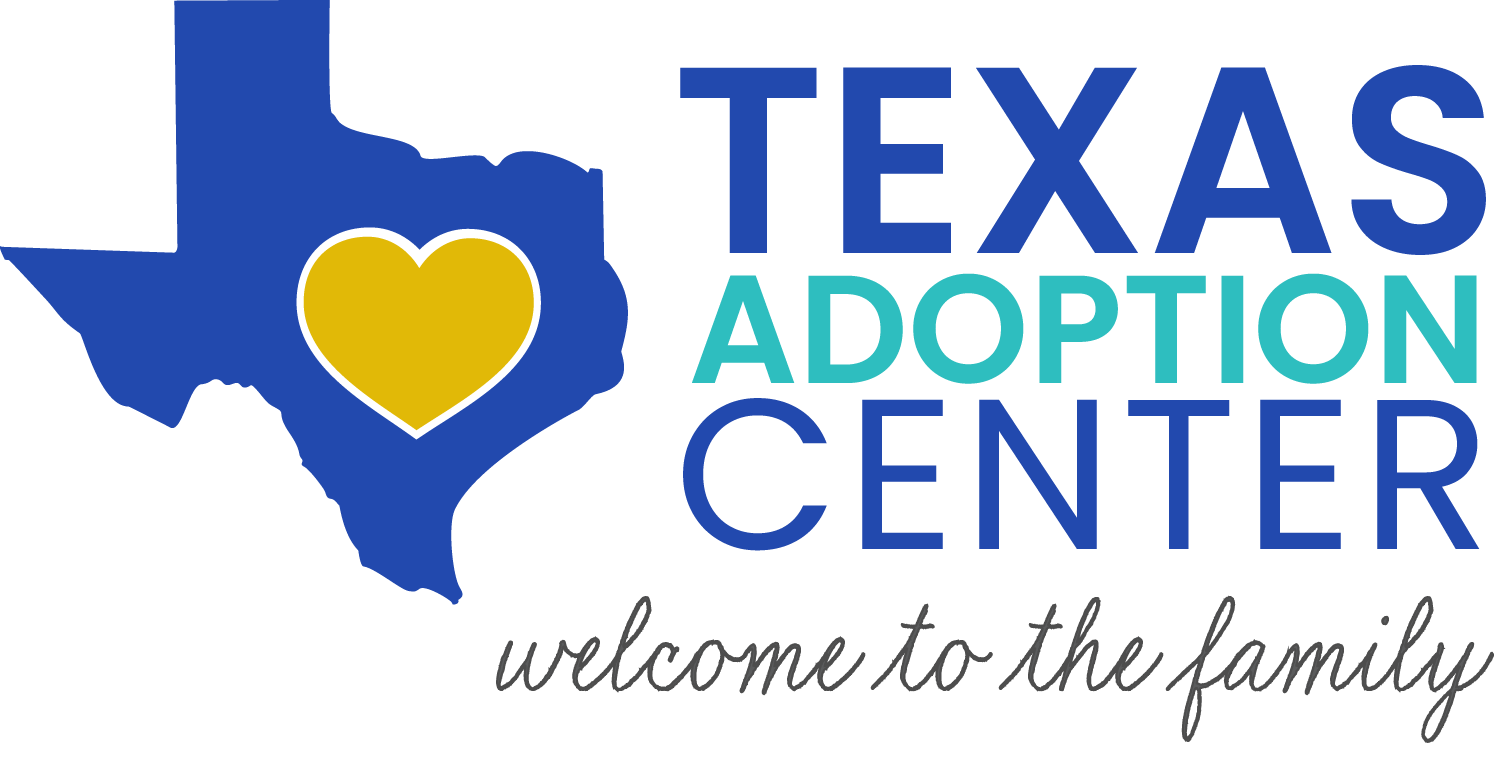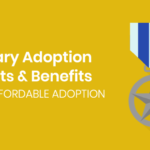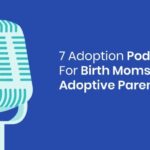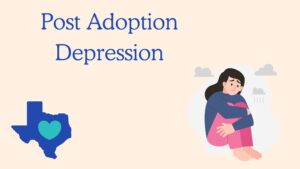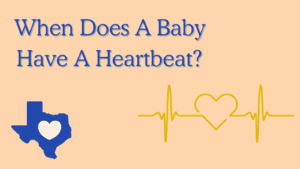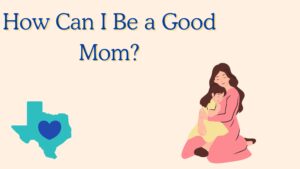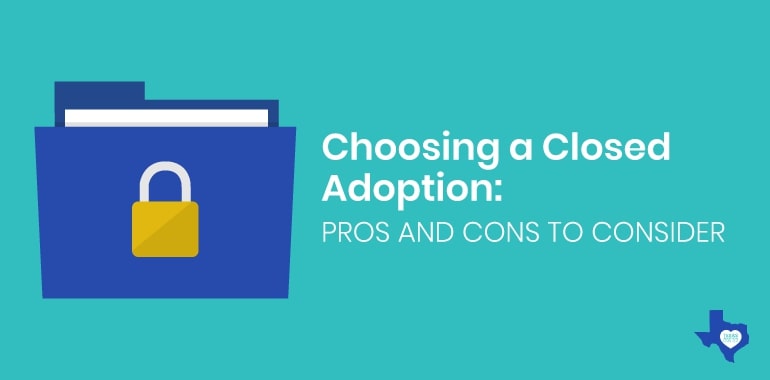
If you’re considering adoption, you can choose to either go for an open adoption or a closed adoption process. The main difference between the two is the presence of active ties with the birth mother even after the pregnancy. While 60% to 70% of adoptions nowadays are open — in recognition of the positive impact of continued communications between the child, the birth parent, and the adoptive parent/s — closed adoptions can still be a practical choice.
This article discusses some pros and cons of closed adoption to help you better understand your options.
What is a Closed Adoption?
A closed adoption is a type of adoption that involves zero contact between the birth parents and the adoptive family. In addition to not communicating, personal information is also not shared. This means that neither party will know each others’ last names, contact information, or any identifying details.
Social stigmas surrounding adoption once made this the only option for families involved in the process. When unplanned pregnancies and single motherhood were frowned upon, many women were forced to hide their pregnancies from family, friends, and community. Because of this, birth parent information was often sealed tight, with many adoptees never knowing their birth families.
Adoption has drastically changed since then, with open adoptions now considered as the norm. However, some birth mothers still prefer closed adoptions for a number of reasons. Since pregnant women have more control than ever over their adoption plans, local adoption agencies can help you create a plan that’s unique to your specific wishes.
Closed adoptions are no longer as preferred as they once were, but there still are closed adoption advantages for birth parents who want to remain anonymous after the adoption process is complete. Before you decide for you and your baby, it’s important to talk to an adoption specialist to lay out the pros and cons. A qualified and trusted adoption counselor can answer all your questions, provide you with valuable resources, and help you decide with confidence what is right for you.
Let’s take a closer look at closed adoption pros and cons.
Closed Adoption Pros and Cons
It is important to know that whether you decide on a closed or open adoption, you can choose the amount of contact with the adoptive parents. Whether it is exchanging information through your adoption agency or getting updates on your baby through other options, your adoption plan can include anything you wish.
Let’s explore the pros and cons of a closed adoption.
Closed Adoption Pros
Closed adoption advantages depend on the specific situation of the birth parents. They include:
- Privacy: Closed adoptions provide privacy. It will be easier to keep your pregnancy and adoption plan to yourself.
- Safety: Birth parents who come from an abusive environment may choose closed adoption to protect the safety of their baby. When toxic relationships are involved, closed adoptions can protect the best interest of all parties involved.
Closed Adoption Cons
As mentioned, open adoption is the preferred and popular choice today. This is because many families see more disadvantages than advantages from closed adoption. These include:
- Identity Challenges: Many adoptees find themselves facing identity and self-esteem challenges from closed adoptions as they grow up. Some adoptees struggle with feelings of abandonment and rejection that affect their self-esteem. Others don’t feel that they have a true sense of who they are without connecting with their biological family.
- Emotional Challenges: Adoptees can experience feelings of shame, guilt, and sadness. These feelings can lead to anxiety and depression for both adoptees and birth parents. Birth parents can also struggle with emotional challenges as they try to move forward with their lives.
- Lack of Family History: Since most birth parents’ identifying information is unavailable during a closed adoption, adoptees can experience issues building a proper family medical history. If medical concerns or hereditary conditions arise, adoptees can be missing family history that could potentially save their lives.
- Future Difficulties in Establishing Contact: While many reliable adoption agencies can help you establish future contact if you wish to open up your relationship in the future, some birth parents have trouble establishing contact if their wishes change. This can add to any emotional challenges birth parents are already facing.
- Challenges Keeping Adoptions Closed: Many find closed adoptions challenging to maintain in today’s highly technological society. Social media and at-home DNA tests have created a world that makes it easy to connect with biological relatives. Whether or not you wish to be found, you don’t always have a choice today.
Making the Choice
Although open adoption is the more popular choice today, you have the right to pick a plan that makes you comfortable. Before you decide, talk to an adoption counselor you trust to help you explore your options thoroughly. Only you know what is best for you and your baby. If closed adoption feels right, your adoption agency will help you get started on the process.
Discuss Your Adoption Options with a Caring Adoption Specialist
Understanding the closed adoption pros and cons isn’t the only way to help you decide with confidence. There are several other resources available to birth mothers, no matter what you choose. At Texas Adoption Center, our compassionate staff has the knowledge and understanding to answer all your questions. We’ve helped countless women gather the information they need to feel empowered in their decisions.
For more guidance and support, contact us online. You can also get in touch with us at (512) 893-7943 or text at (361) 461-3742.
